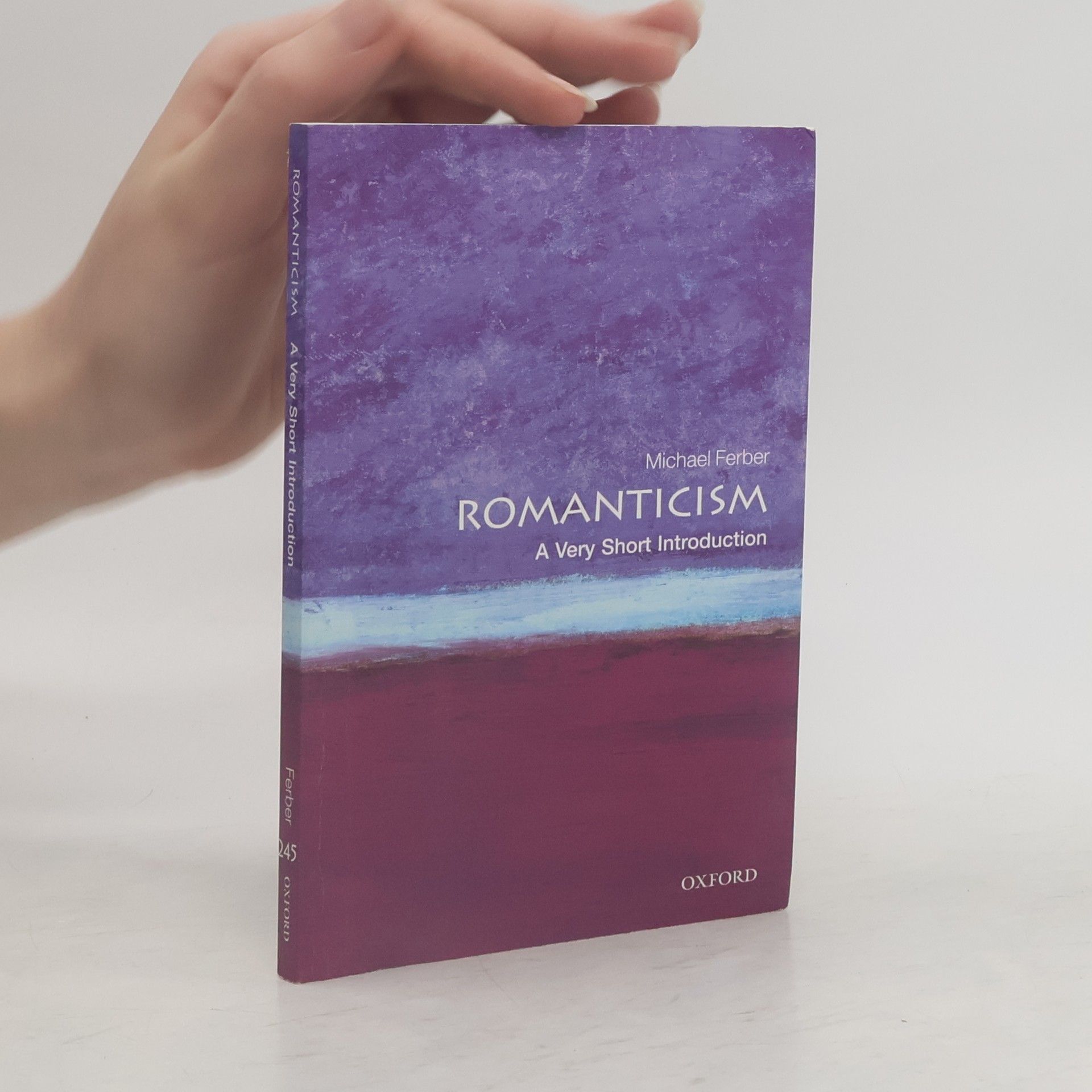Das Buch behandelt die wichtigen Aspekte der Altersvorsorge in der Schweiz und bietet konkrete Tipps zu Themen wie AHV, Pensionskasse und private Vorsorge. Es richtet sich an private Sparer und Anleger sowie Vorsorgende und unterstützt auch Berater als Nachschlagewerk.
Michael Ferber Book order (chronological)





The Cambridge Introduction to British Romantic Poetry
- 262 pages
- 10 hours of reading
An engaging guide to reading, understanding and enjoying Romantic verse, designed for students approaching the period for the first time.
Romanticism: A Very Short Introduction
- 148 pages
- 6 hours of reading
Michael Ferber considers Romanticism in its time of growth in Western Europe, examining various types of Romantic literature, music, painting, religion, and philosophy. He provides examples and quotations throughout to demonstrate the diverse nature of the movement.
Schlesische Biographie
- 713 pages
- 25 hours of reading
A Dictionary of Literary Symbols
- 273 pages
- 10 hours of reading
This is the first dictionary of symbols to be based on literature, rather than "universal" pyschological archetypes, myths or esoterica. Michael Ferber has assembled nearly two hundred main entries clearly explaining and illustrating the literary symbols that we all encounter (such as swan, rose, moon, gold), along with hundreds of cross-references and quotations. The dictionary concentrates on English literature, but its entries range widely from the Bible and classical authors to the twentieth century, taking in American and European literatures. Its informed style and rich references will make this book an essential tool not only for literary and classical scholars, but for all students of literature.